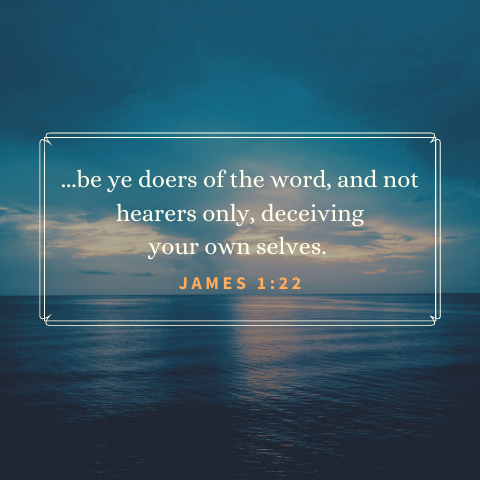 I remember a sermon by Lasserre Bradley, Jr. As soon as he announced the title, a big impression was made on me. “What Do You Do When You Leave Church?” was the message. The question was not concerning whether you would take a nap on Sunday afternoon or what you might eat for lunch. Rather, it had to do with how we are living as Christians. Does our life outside of the church building reflect what we have been singing, hearing and praying while inside the building?
I remember a sermon by Lasserre Bradley, Jr. As soon as he announced the title, a big impression was made on me. “What Do You Do When You Leave Church?” was the message. The question was not concerning whether you would take a nap on Sunday afternoon or what you might eat for lunch. Rather, it had to do with how we are living as Christians. Does our life outside of the church building reflect what we have been singing, hearing and praying while inside the building?
The regular, habitual gathering of God’s people as the church to worship is a great privilege and duty. Our presence at our church gatherings should carry the priority over any other pursuit. Yet, here is one dangerous response we can develop: we can become so used to hearing God’s word regularly that we think hearing is enough. We hear the sermon and even affirm and agree with it. The description of God’s grace in the cross of Christ has our full endorsement as factual truth. The exhortation to devote ourselves to growth in Christ and to be more diligent in pursuing a deeper relationship with God rings true to us. We have no argument with the call to live in humility and to put others before ourselves. And yet, we can hear all those things and fully agree with them, only to leave the church that day and not change!
James calls this all-too-familiar phenomenon “self-deceit”. “But be ye doers of the word, and not hearers only, deceiving your own selves” (James 1:22). That means we tell ourselves a lie and believe it! Maybe we think receiving a convicting sensation is enough, rather than actually making an effort to repent of whatever sin God’s word has pointed out. Maybe we think, “Get off it, preacher! I am doing better than most people in my community. While they stayed home or went to the lake, I actually came to church today. That has got to count for something.” Yes, it is right that we made the effort to attend worship. Praise the Lord! But, did we come merely to check off our “religious box” for the week, or to really hear and know God and His ways?
Jesus Himself classified two kinds of hearers in the Sermon on the Mount. First, there are those who hear and do. Second, there are those who only hear. Just before He mentioned those two categories of hearers, Jesus said these piercing words, “And why call ye me, Lord, Lord, and do not the things which I say?” (Luke 6:46). You see, Jesus is deeply concerned that we not deceive ourselves into thinking that hearing His word is enough. His call is that our minds, hearts, desires and actions are more consistently applying the truth of His word personally.
Finally, this passage in Luke 6 is key to our faithfulness in hearing and doing. Jesus is Lord. That means He has authority over all. He is Lord of the sun, stars, animals, diseases, and every human being. He is Lord whether people embrace His lordship or not. In salvation, He changes rebellious and stubborn hearts to bow and submit to Him as Savior and Master. He gives us the eyes of faith that judge it a freeing and satisfying thing to be ruled by Jesus. You see, either we are ruled by Jesus or someone else. Every other master is inferior to Him. Christ is a good, wise, loving and compassionate Master. He has treated us much better than we deserve. He is patient with us even when we stumble in our obedience. His mercy revives us when we lose sight of His ways. His wisdom is far superior to ours. His commands are always for our good. Seeing Christ for who He is should be our great motivation to more consistently and completely live under His lordship.


